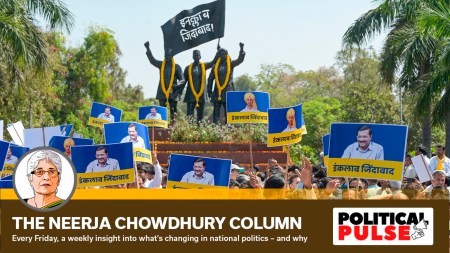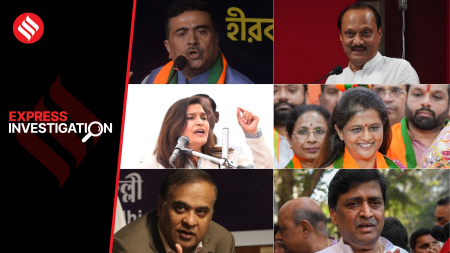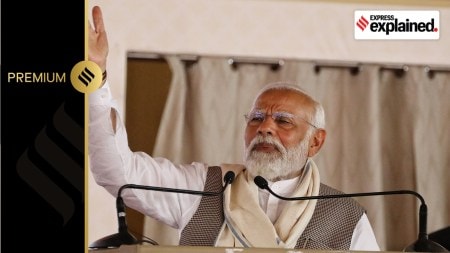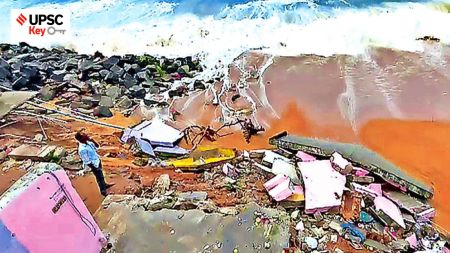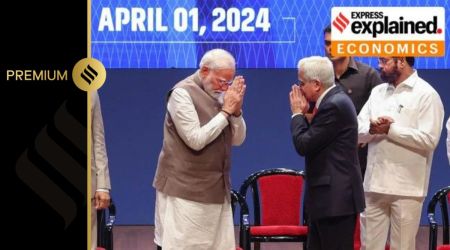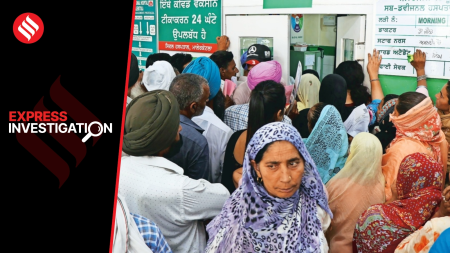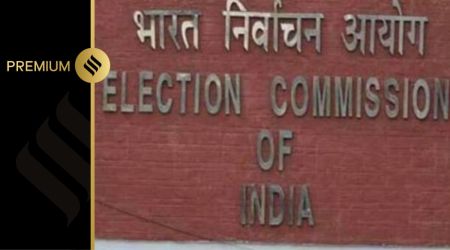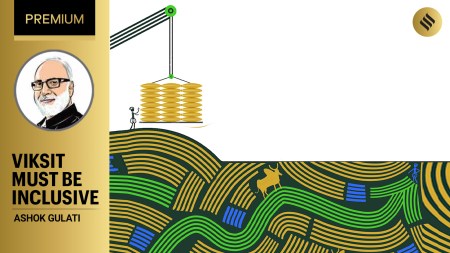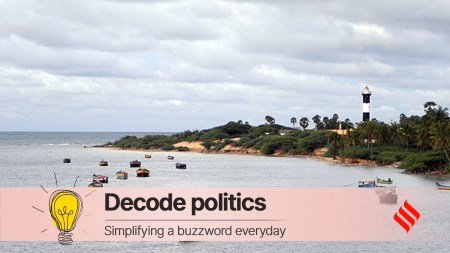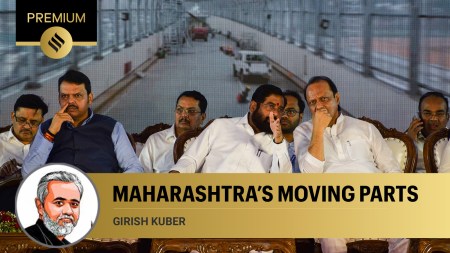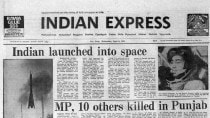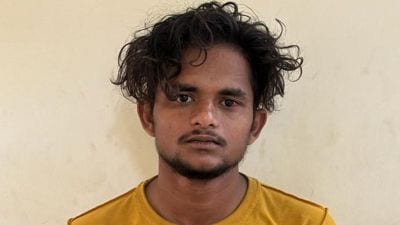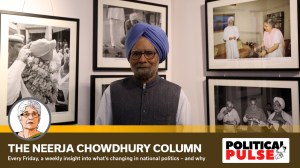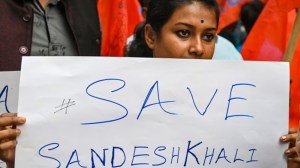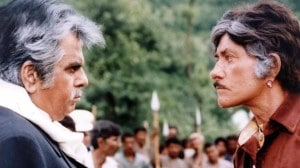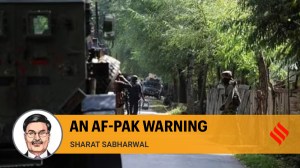- India
- International
Best of both sides | Yogendra Yadav writes: Even critics of reservation should support census
Caste census is relevant and necessary for any well-designed policy to reduce social inequality
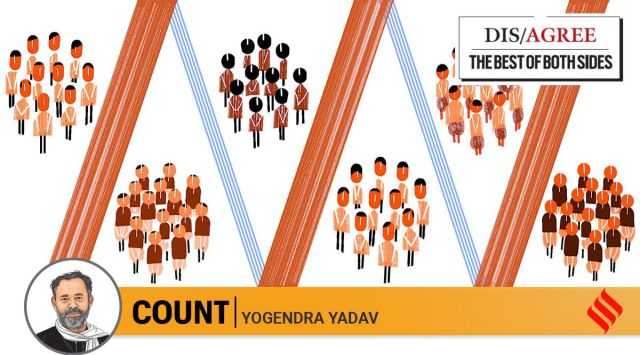 Caste census would help break this stranglehold, realise the constitutional promise of equality of opportunities and move towards Babasaheb’s dream of annihilation of caste.
Caste census would help break this stranglehold, realise the constitutional promise of equality of opportunities and move towards Babasaheb’s dream of annihilation of caste. Beginning today, a fortnightly column, which will offer not this versus that but the best of both sides to inform the debate.
Let us begin with the X-ray question. Are you for it, or against it? A reasonable answer would be, “It depends. Normally yes, if it is required and possible. But in some cases no, if it is risky or unaffordable.” This commonsense can guide us on the caste census too.
We have here five considerations for endorsing or opposing an investigation or evidence collection exercise like the caste census. One, there should be, prima facie, a problem, a disease or a condition. Two, the investigation should be relevant to that condition and expected to yield information that can help the diagnosis. Three, it should be feasible in the real-life conditions and time available. Four, the material cost of the investigation should not be impossible. And five, the investigation should itself be not so risky that its side effects outweigh its possible benefits. Apply these to the caste census and you know why such enumeration is not just permissible, but essential.
The first point is self-evident: Caste appears to be an issue in Indian society. From the left to the right, every thinker, ideology or party says that the caste system is a disease, that caste inequalities need to be eradicated. So, prima facie there is a condition that merits investigation.
The second point needs clarity about what a caste census is and what it does. Most opponents of the caste census — as also many supporters — assume that it is just a simple head count of different castes. Actually, a census is a store-house of multi-dimensional and multi-layered information. It records the age, sex, education and occupation of each person. It also records for each household the type of house, source of electricity and water, type of cooking fuel and assets like four-wheeler and computer. So a caste census would reveal not just the population of each caste, but also their educational, social and economic profile. And this information would be available at the national, state, district and lower levels right down to each family.
This data is not only relevant, but necessary for any well designed policy to reduce social inequality. The census provided us the data we need on gender hierarchy, on rural-urban inequality and even on the disparity among religious communities. The only piece missing from this data basket is caste-based inequalities other than SC and ST. This is an absolute must for any fine-tuning or review of the reservation policy. It is a scandal, perhaps unparalleled in any country that follows affirmative action, to have a legal regime of reservation for a group we refuse to count!

Granular socio-economic profile of each caste should help settle intractable questions: Has caste ceased to be a key vector of inequality? Should reservation be based only on caste or on economic status or both? Have a few castes captured the OBC quota? Should there be sub-quotas within OBC reservation? What, if any, should be the cutoff for the creamy layer? So, any honest critic of caste-based reservation should demand the caste census as much as its supporters. The caste census would also place under the sunlight authentic information about the privilege enjoyed, or not, by the “upper caste” Hindus, a social group everyone recognises but the Indian state refuses to categorise. This should be the benchmark to measure social inequalities.
As for feasibility, Bihar has shown what professionals always knew: A caste census was not as difficult as it was made out to be. If Bihar could carry it out and publish the data in a few months, so can the country. If Bihar can afford it, so can the country. If held with the general census, caste enumeration is just about adding one extra column. The additional cost would be minuscule.
Finally, let us consider a possible side effect: Caste census could accentuate caste consciousness and caste cleavages. There is some merit to this concern, if it is not overplayed. We need to remember that everyone in a village and basti knows everyone’s caste and that every politician walks with an unofficial caste count of each polling booth. We should also ask why regular census enumeration of language and religion and, indeed, of castes within SC and ST has not caused the explosion that is feared from the enumeration of OBCs and upper castes.
Here are three ways to mitigate this possible side effect. One, articulate the demand for caste census as an element in a larger multi-dimensional ideology of social justice that includes gender, class and location. Two, develop a cross-party consensus. And three, concede it quietly, rather than create a national row about it. In any case, this limited side effect cannot outweigh all the benefits outlined above.
Finally, let us go back to the X-ray and note some arguments that fly in the face of any commonsense. We know that we cannot wish away a fracture by not carrying out an X-ray. But why do we allow critics of the caste census to pretend that caste would disappear if we don’t recognise it through a formal census? We don’t discuss the doctor’s motives in prescribing an X-ray, unless we know for sure that it is unnecessary and exorbitant. Then why is the debate on the caste census so focused about the motives of politicians, as if those who oppose it have no political motives? Finally, we think it is perverse to say “Let’s not do an X-ray, lest it reveal a serious condition that requires an operation”. So how do we allow this logic on the caste census: Let us not carry out a caste census, for it might lead to demands for more reservation?
Such perverse reasoning suggests we are up against centuries of entrenched privilege. Caste census would help break this stranglehold, realise the constitutional promise of equality of opportunities and move towards Babasaheb’s dream of annihilation of caste.
The writer is member, Swaraj India
EXPRESS OPINION
More Explained
Apr 04: Latest News
- 01
- 02
- 03
- 04
- 05


